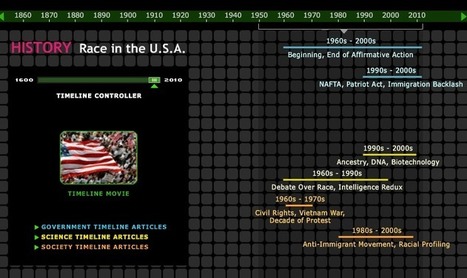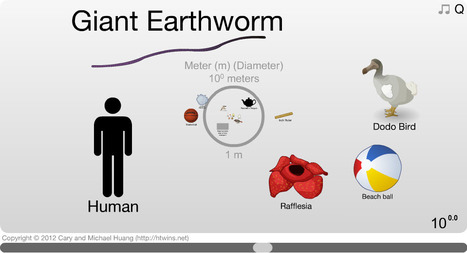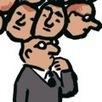"There’s a certain class of mistakes that all educators can eliminate with conscious effort, and in this post we outline 11 of them. They range from habits of practice to habits of thought, but all of them have one important thing in common: they make your job harder."
Get Started for FREE
Sign up with Facebook Sign up with X
I don't have a Facebook or a X account
 Your new post is loading... Your new post is loading...
 Your new post is loading... Your new post is loading...
|
Gary Harwell's curator insight,
March 6, 2014 12:23 AM
Definitely some good ideas worth initiating in the teaching program.

Channylt's curator insight,
April 7, 2014 10:56 AM
Great tips on how to facilitate collaborative learning. Learners that work collaborativley are engaged in their learning and have better learning outcomes. 
Marina Cousins's curator insight,
April 10, 2014 8:06 PM
I liked this article, as it highlighted to me the importance of collaborative learning is much better than individual learning. As I have mentioned several times, the learning and assessment that takes place within my workplace has a strong behaviourist foundation of learning and repeating key words and actions to pass an assessment (it is a very individual approach to learning).
Many of my colleagues view this experience of learning & assessment in a negative way. What are some of the ways to overcome this negative view of learning?
After reading this article, I will seriously consider using a collaborative learning style within my workplace (if I get the opportunity). The advantage of using real world problems or clinical incidents is that it offers the learner the opportunitity to improve their critical thinking skills and problem-solving ability.
Therefore, by using collaborative learning you can apply the following learning theories of cognitivism, constructivism, objectivism. 
Hazel Kuveya's curator insight,
April 10, 2014 9:22 PM
Keeping the groups at moderate levels will ensure an effective exchange of ideas and participation in all involved, I can echo the same statement that two heads are better than one. It is also interesting to learn that collaborative teams attain higher level thinking and preserve information for longer periods as compared to their individual counterparts., yes the use of technology makes collaborative learning manageable. |
















#11 - Not getting to know your students. I think this is the most important tip -- but they're all good.